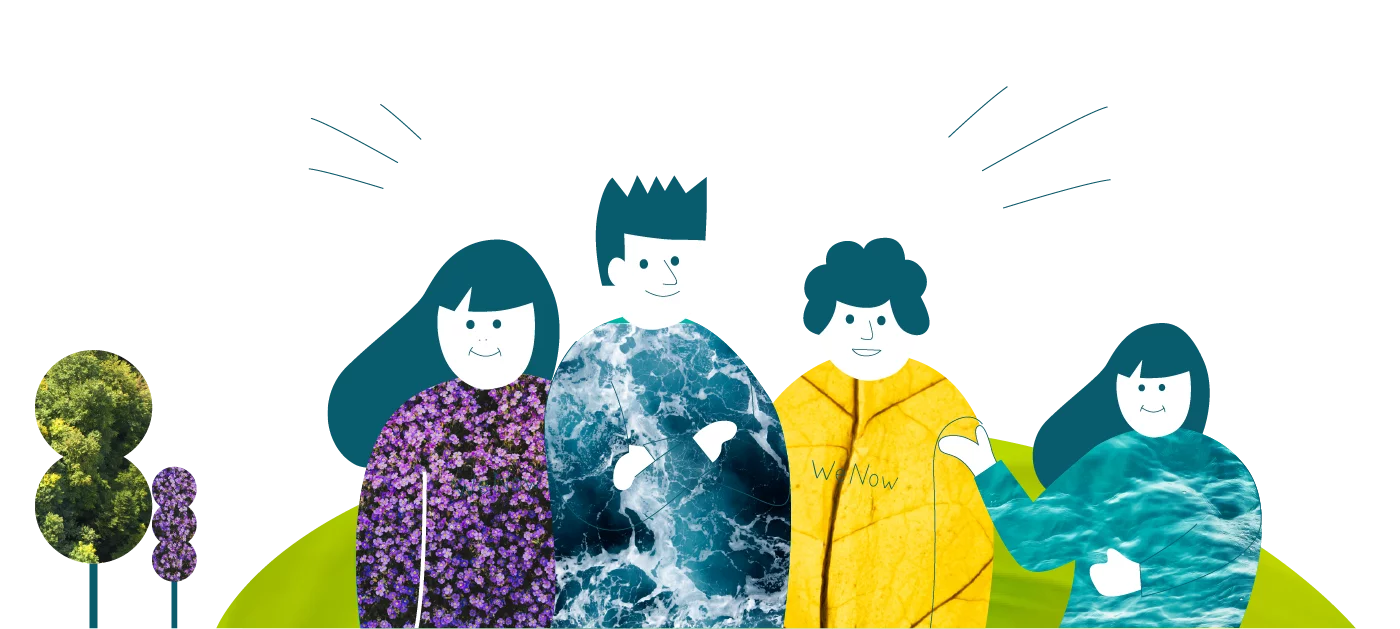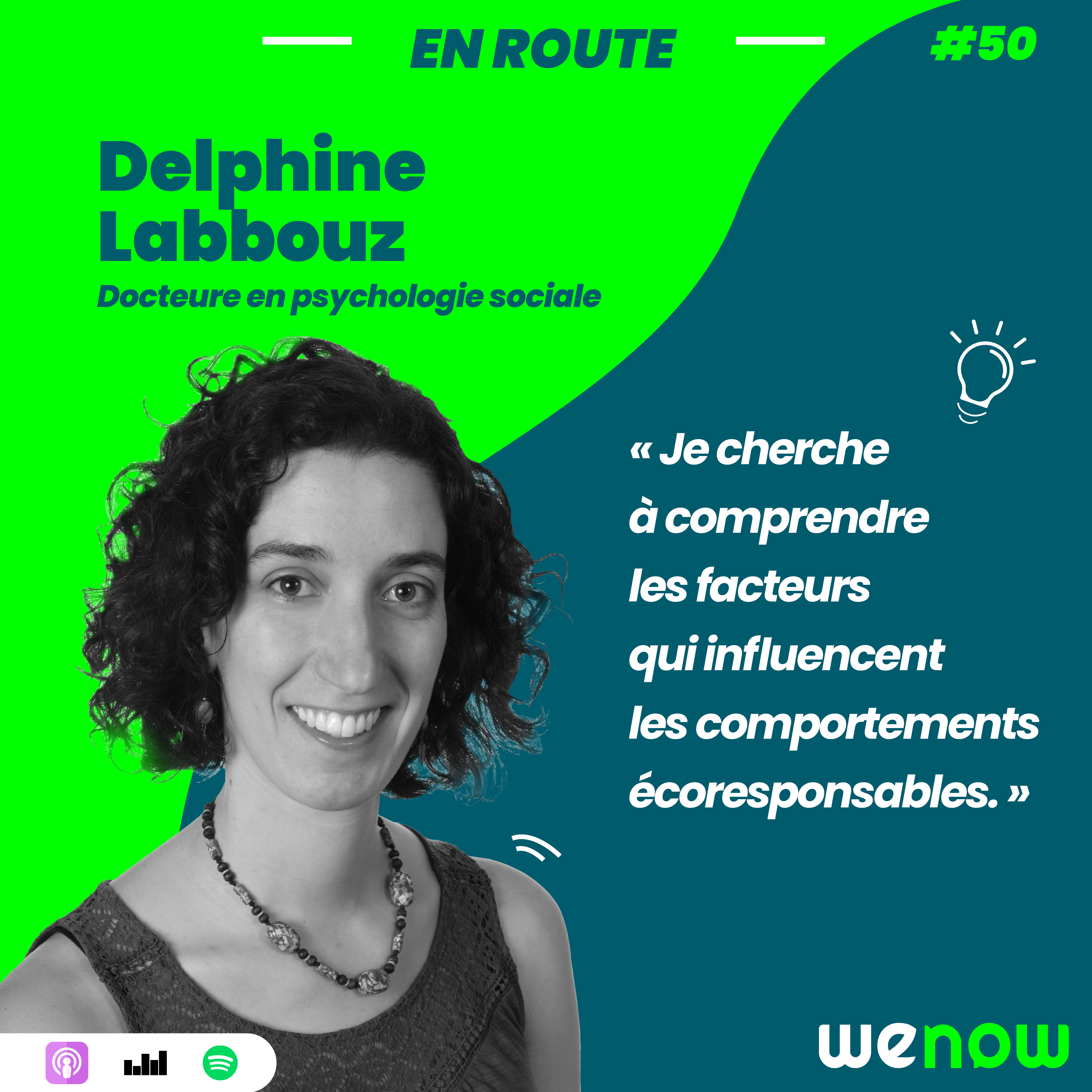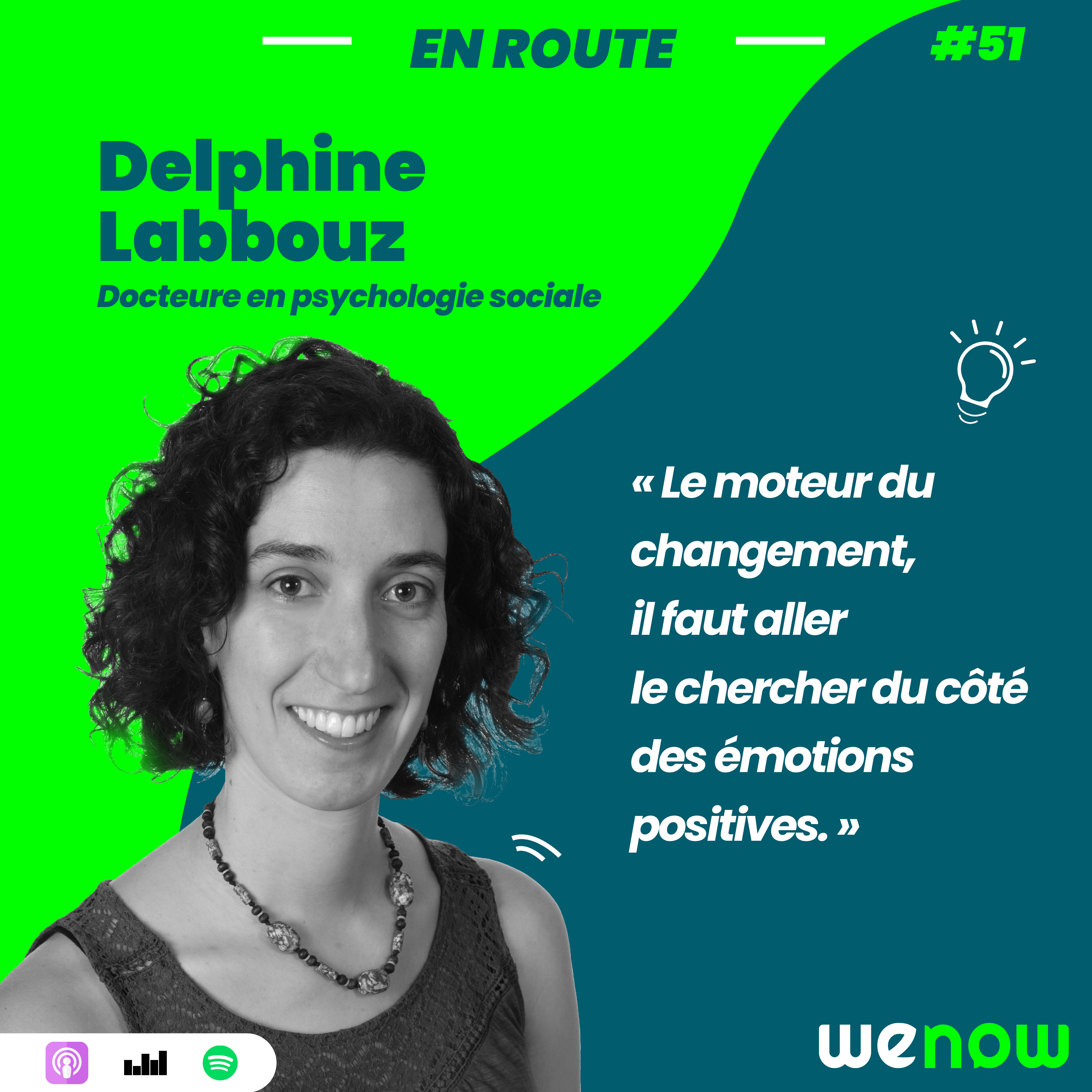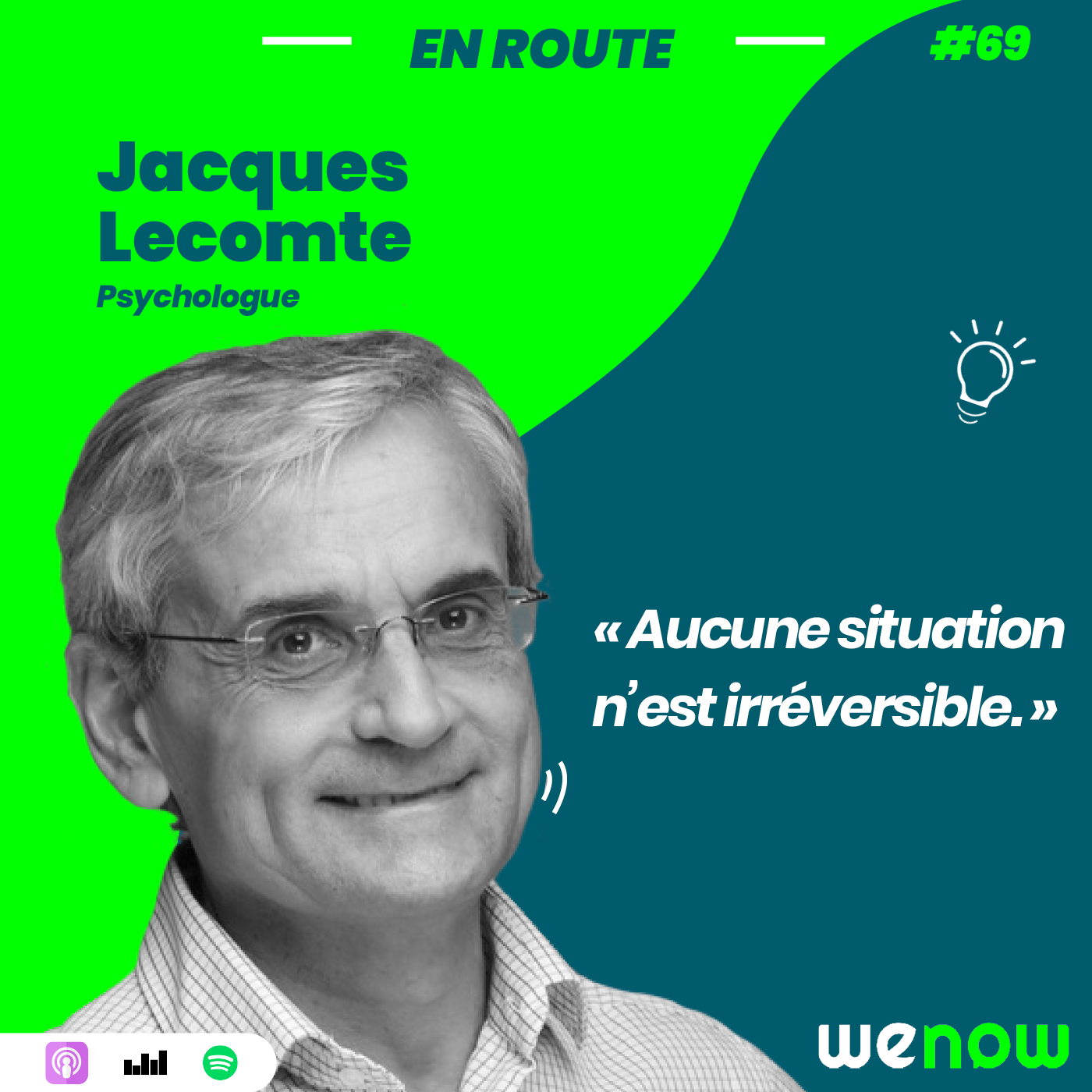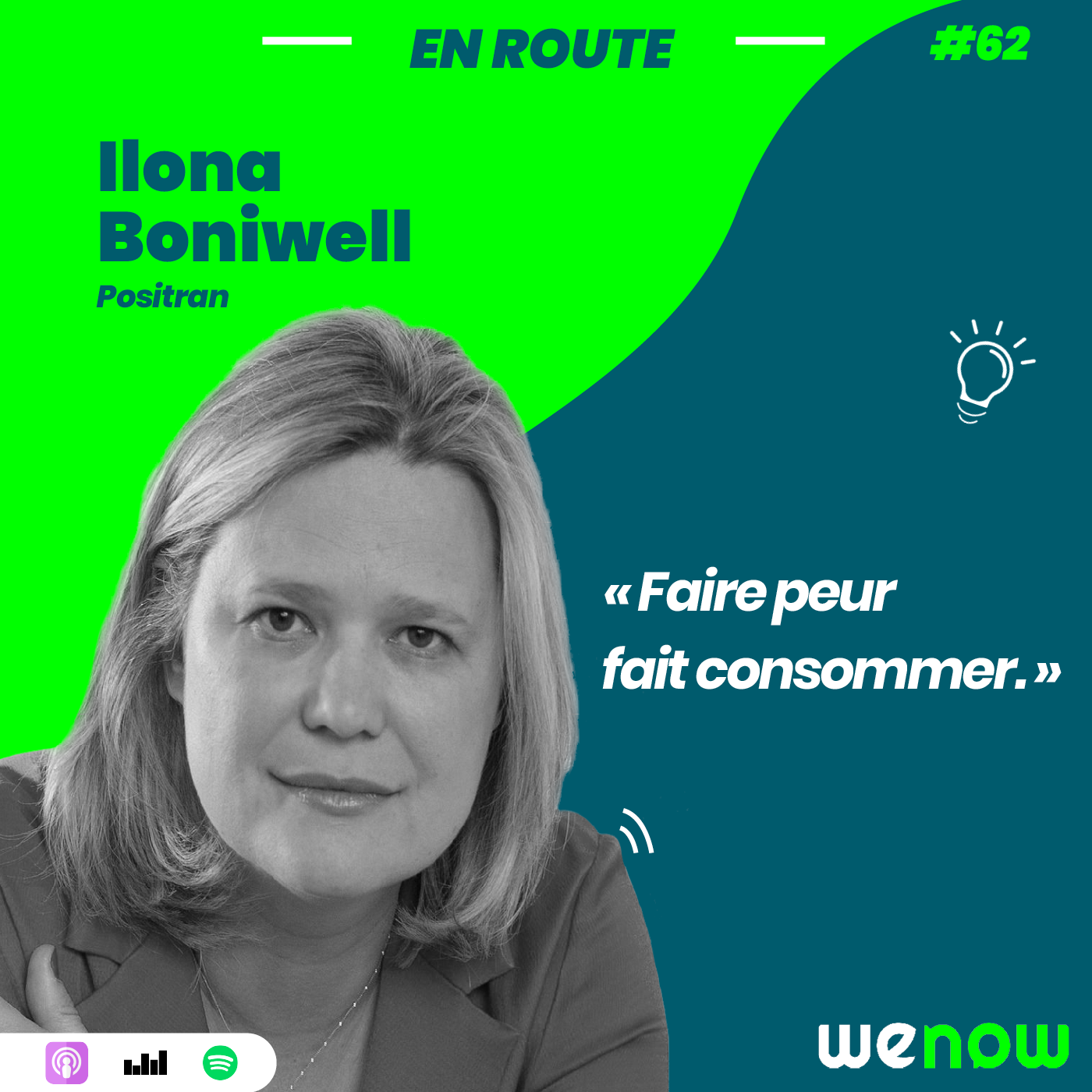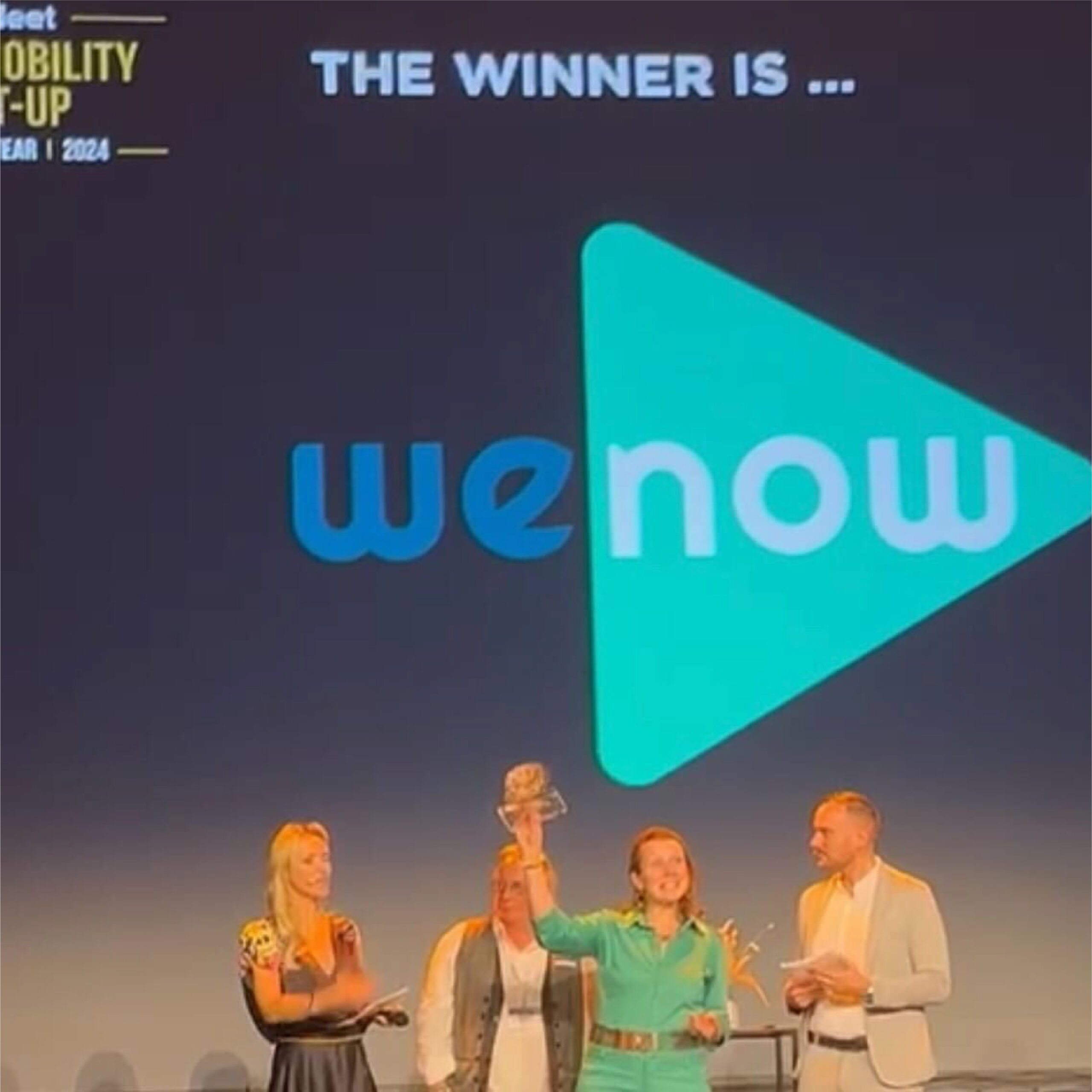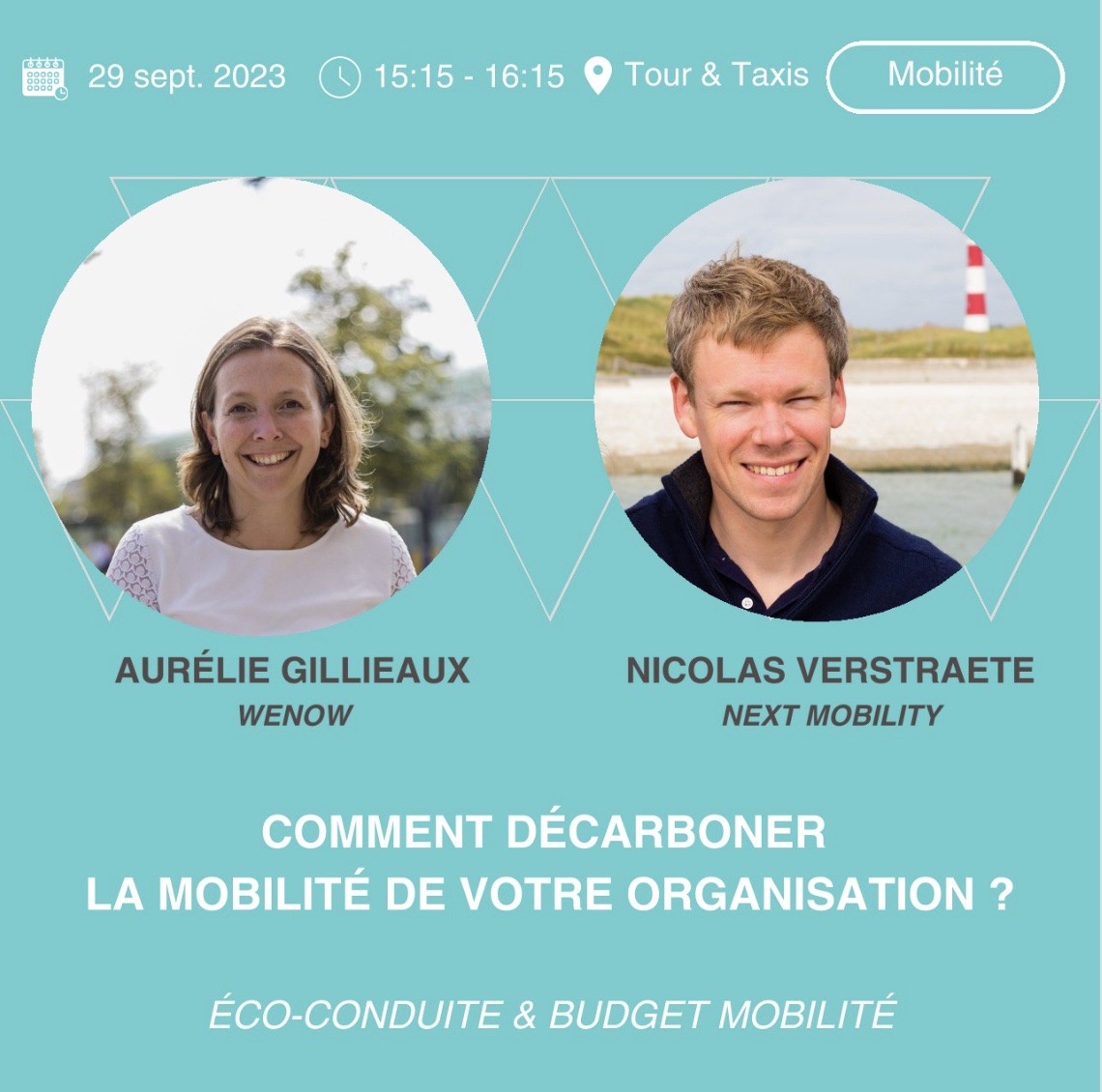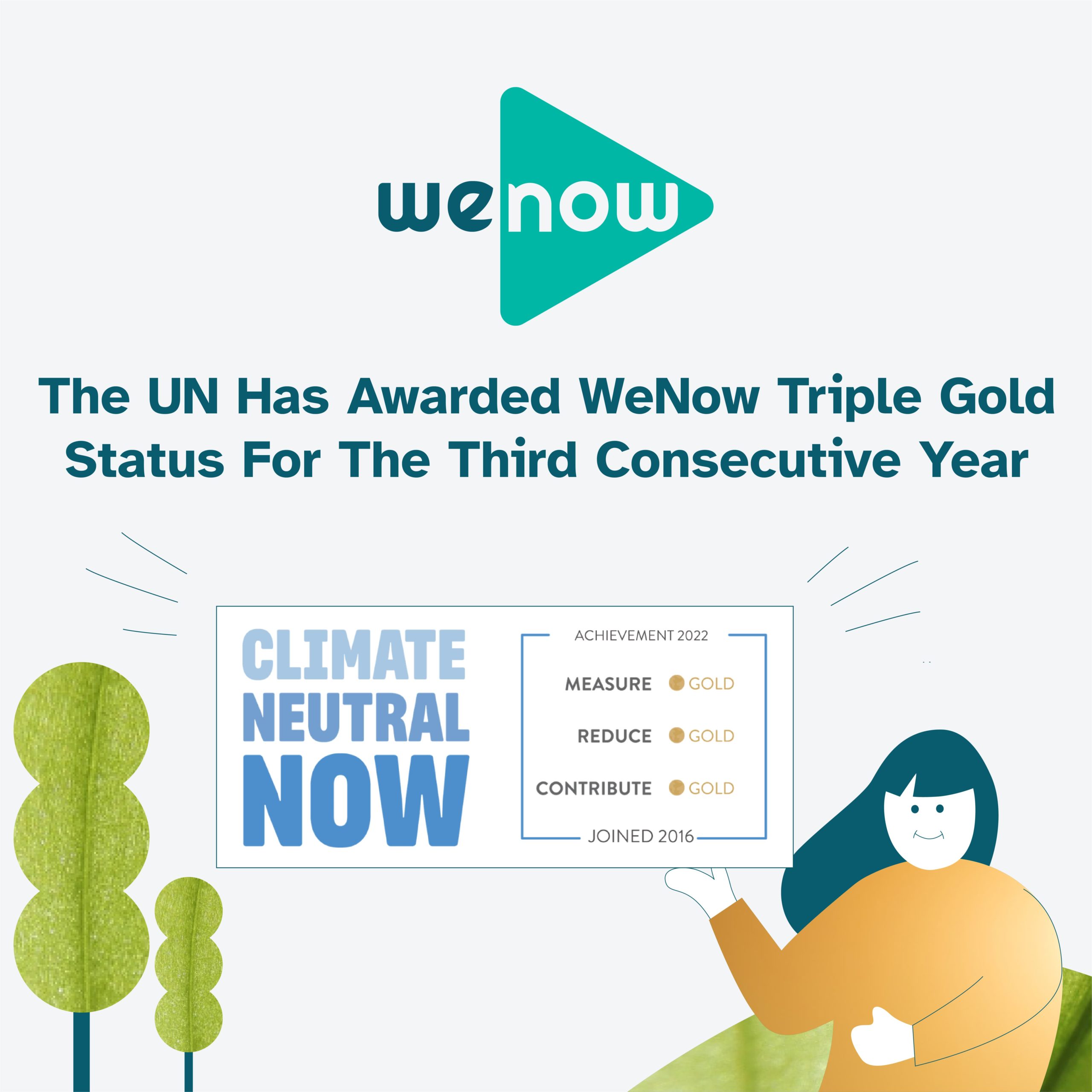Article
Do People Need To Be Frightened Into Taking Climate Action?
2 August 2023 - par Fabien Carimalo
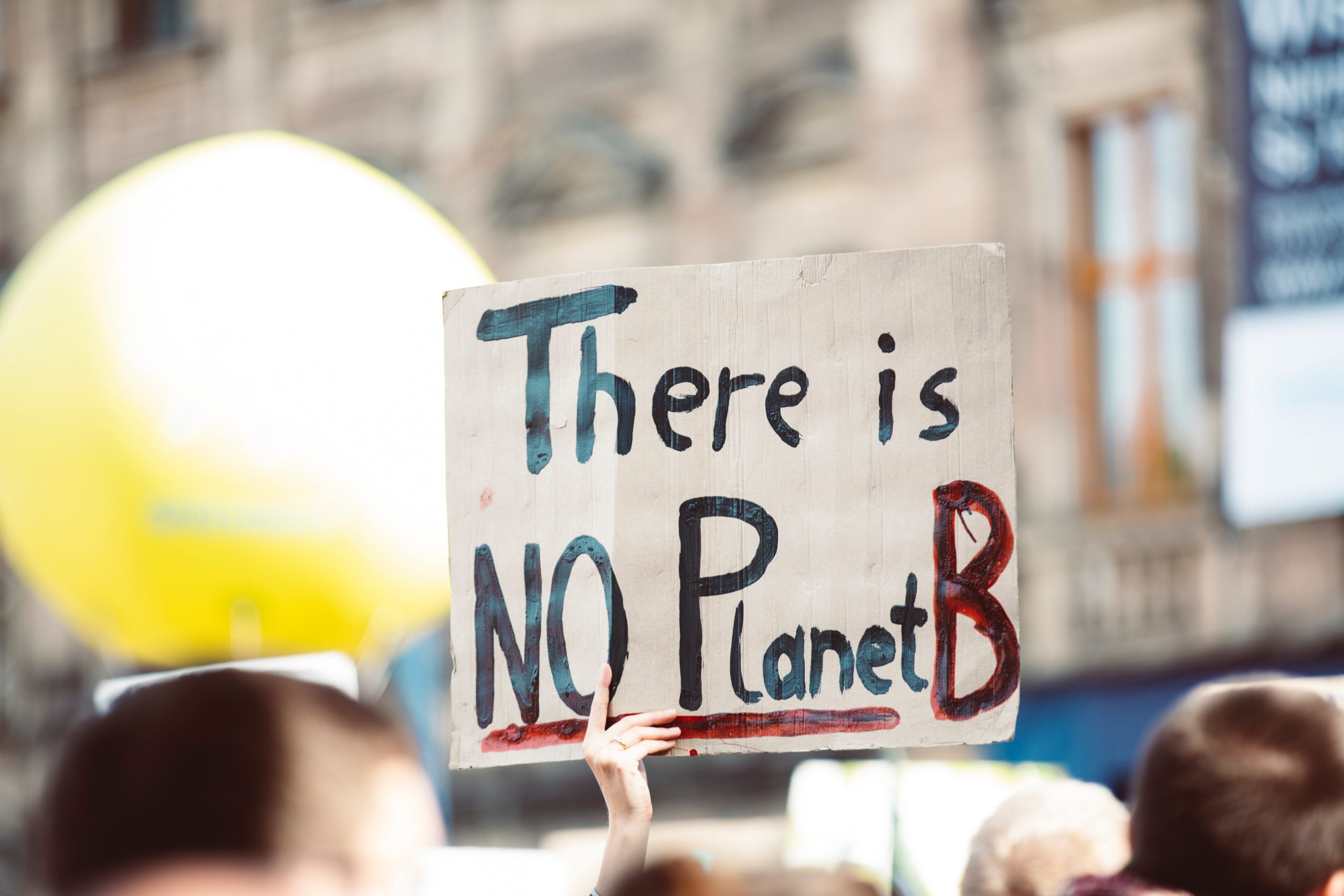

At WeNow, we rely on using positive emotions to get people to take climate action, which is a slightly daring move.
Here’s why.
Scaring people seems like a good idea, right?
When you’ve grasped the risks posed by global warming, it’s normal to respond negatively:
- When we see what’s at stake, we get alarmed.
- And when we see those in power doing nothing, we become angry.
Some people might think those negative emotions are what prompt us to change and take action. So when putting together a training course or workshop like the Climate Fresk, they pull out all the stops to frighten their listeners. They say you need to make an impact on people and give them the “climate shock treatment”.
But does that really work 🤔?
Instilling fear is not effective for prompting climate action
Valérie Mas put that question to social psychologist Delphine Labbouz in an episode of the En Route! podcast. (in french)
Delphine’s view, backed by psychology research, is that appeals based on fear can work – but only if you reassure the target audience at the same time, by offering solutions that truly work.
The individual actions that people typically suggest at the end of workshops to raise climate awareness (“fear-making workshops”) don’t provide that reassurance. Sorting your waste, travelling by train instead of plane and going meat-free are not enough to save the climate 😔.
The trap of negative emotions
In fact, there’s a more pernicious effect.
Look again at the photo accompanying this article: “There is no Planet B”.
What’s your reaction when you see that? Stress and, most of all, a feeling of being completely powerless – correct? “What can I do?”
When you don’t know how to present a genuine, effective and simple solution to the problem, some people in your audience will choose denial rather than feel unhappy. They’ll seek to avoid any conversation about climate. Psychologist Jacques Lecomte made that clear during the En Route! podcast: “The more you make people afraid, the more they’ll find ways to reassure themselves, not by changing their behaviour but by changing their mindset”.
So if our goal is to have as many people as possible take an interest in the climate and start taking action, that approach is all wrong. 😓
A positive approach
At WeNow we’ve decided to listen to psychologists and take the reverse approach. We’ve chosen to present the issue positively 🤩.
Show the benefits
A positive approach means emphasising the benefits we can obtain by changing our behaviour.
- When you adopt ecofriendly driving, you generate less CO2, you save money, and you’re less stressed at the wheel.
- When you take steps to reduce the amount of email you get, you diminish digital technology’s impact on the planet and, in particular, you reduce your mental workload.
- When you bike to work instead of driving, not only do you emit less CO2, but you also move more and as a result you have less back pain.
- And so on.
At WeNow, we’ve worked hard to present all our training in terms of the benefits to learners personally.
From guilt to pride
In addition, climate training and communications very often cast a lot of blame 😔. They spotlight things that people do wrong. But as Valérie says, no one gets up in the morning saying “I’m going to take my car today so I can pollute”.
Sometimes we act in ways that are bad for the climate while already feeling guilty about it. Making us feel even more guilty will not help us act more virtuously. Delphine Labbouz talked about this in the En Route! podcast as well. In one of her studies on food waste, she observed that people who throw out food that has gone bad feel very bad about it. They feel they are to blame, because they know it’s not good. So instead of trying to make them feel worse, Delphine and her colleagues developed a programme that spotlights moments where people take steps to avoid food waste. Their goal was to reward people for those practices and help them feel pride and other positive emotions. And it works! People take those steps more often, they learn to anticipate and they waste less food 💪.
It’s the same thing at WeNow. We do what we can to show people that they’re already doing the right thing, so they can be proud of what they do and do it more often. And they might even want to do more!
Pour aller plus loin
Our other content
Article
The UN Has Awarded WeNow Triple Gold Status For The Third Consecutive Year
“I’d like to personally congratulate you on your company’s results: you’ve been awarded the triple gold label for the 3rd year running!”
You have successfully subscribed to the WeNow newsletter!
Thank you for subscribing to our newsletter! You are now subscribed to our regular updates on our products, special offers and events. You will never miss the latest news from Wenow again. Thanks for your confidence and see you soon !
Return to site